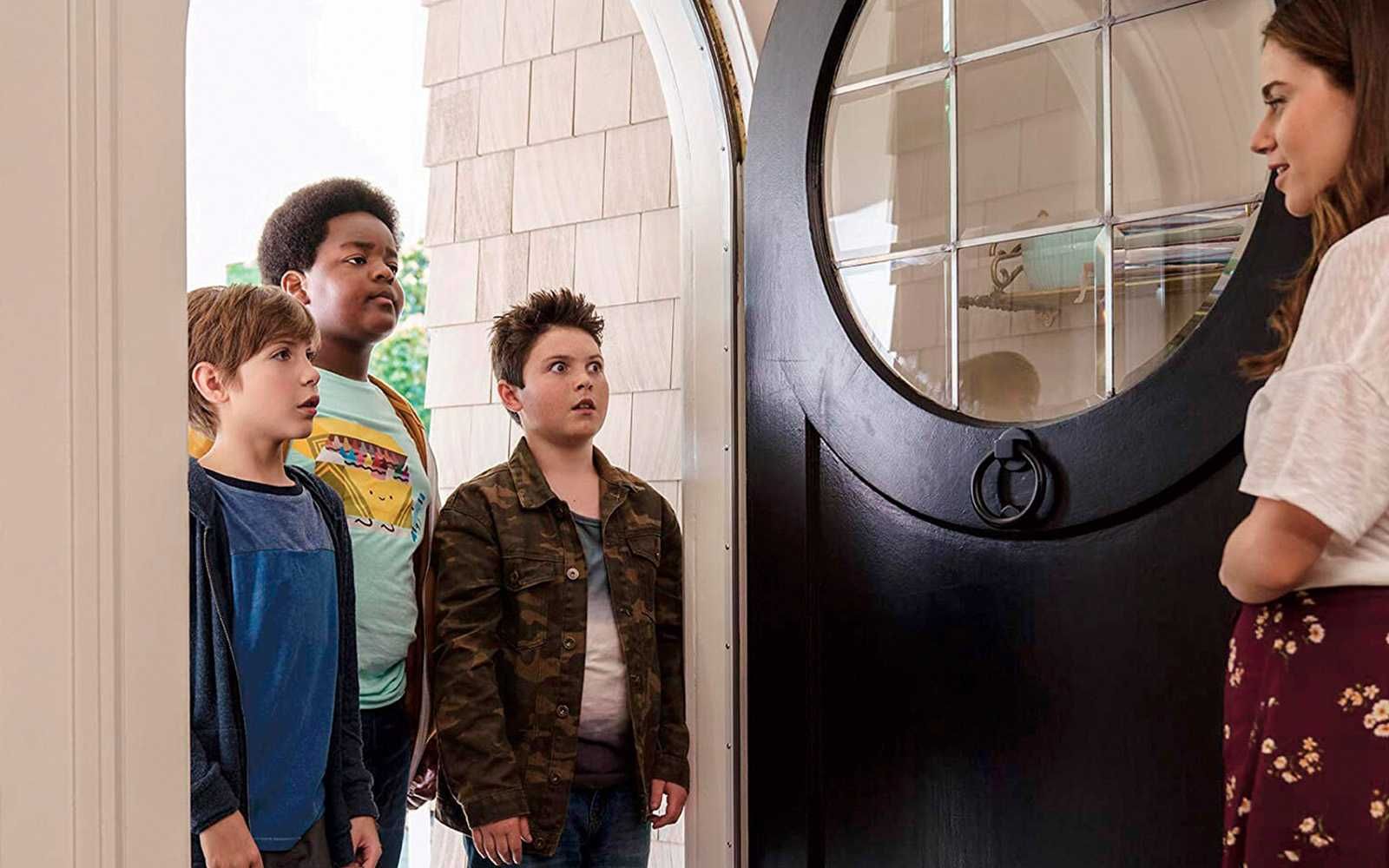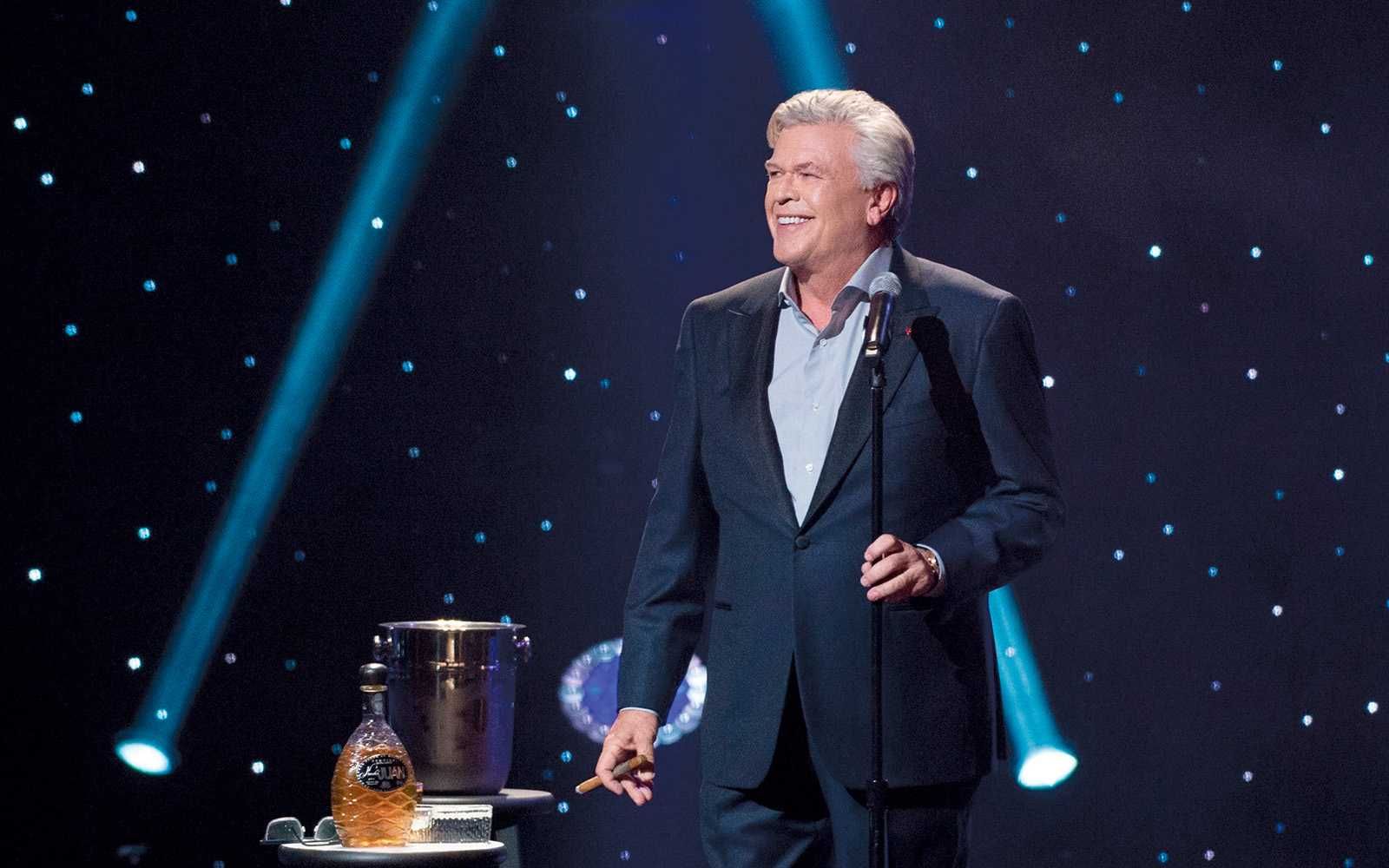Based on the play by JC Lee, Luce stars Kelvin Harrison Jr. as the titular African-American teen who seems to have it all: excellent grades, track and field records, and a captain’s spot on the debate team.
He’s the shining example of a perfect high-school student that has won over his peers and the faculty — “This one’s my thoroughbred,” the principal dotes on him with a hearty pat on the shoulder. Everyone seems to look up to Luce, but no one is prouder of him than his adoptive parents Amy (Naomi Watts) and Peter (Tim Roth), who rescued him from war-torn Eritrea when he was seven years old.
Among a sea of approval, there remains a lone holdout in the form of Luce’s stern debate teacher Harriet (Octavia Spencer). After she assigns her class an essay to be written from the perspective of a historical figure, Harriet is disturbed when Luce chooses to write convincingly in the voice of a violent dictator.
She takes it upon herself to search through his locker and when she finds a bag filled with dangerous fireworks, Harriet confronts Amy with her findings. Tensions continue to simmer as Amy and Peter naturally come to their son’s defense amid the allegations while Harriet continues to push forward with her crusade against the star pupil.
Luce made a splash when it debuted at Sundance earlier this year and in some ways, it’s not difficult to see why: it has a clean look, a stellar cast, and a provocative story about race and privilege.
Unfortunately, the film is consistently marred by its reach exceeding its grasp when it comes to the overall narrative intent. On the whole, the script by JC Lee and Julius Onah, the latter of whom also serves as director, is both overwritten and underdeveloped. There are intriguing plot points that arise and some terrifically tense moments where characters’ intentions begin to turn. But all of these elements build to a climax that could more aptly be described as an anti-climax.
Unsurprisingly, Luce shines brightest when the light is cast on its young star Kelvin Harrison Jr. As an upstanding teen who may be harboring some dark thoughts, he does an fantastic job at wielding his intellect for empathy with his friends and subtle menace with his foes.
Spencer, whose performance in Ma earlier this year was that film’s sole highlight, turns in more great work here as a woman rife with personal issues who gets in over her head trying to investigate an unimpeachable target.
Watts and Roth, who also played a married couple in 2008’s Funny Games, work well together as Luce’s biggest advocates, although their accent work is a bit shoddy at times.
The cinematography by Larkin Seiple leans heavily into an overexposed and chilly aesthetic that is effective to a degree, but everything is so plain and bright, it began to feel like every scene took place in a hospital. The music by Geoff Barrow and Ben Salisbury alternates between ponderous organ dirges and abrasive trap beats, a interesting combination that nevertheless left me with sonic whiplash.
Luce wants to be a conversation starter that will linger with audiences after the credits roll. But it’s far too opaque and circumspect to inspire much more than a few talking points.
Coming to theaters this weekend
It Chapter Two, starring James McAvoy and Jessica Chastain, revisits The Losers’ Club as they are terrorized again by the killer clown Pennywise 27 years after the events of Chapter One.
After the Wedding, starring Julianne Moore and Michelle Williams, tells the story of an orphanage founder who travels to New York for a wedding where dark secrets from the past come to light.
The Peanut Butter Falcon, starring Shia LaBeouf and Dakota Johnson, is an adventure about a young man with Down syndrome who runs away from home to pursue his dream of becoming a pro wrestler.




